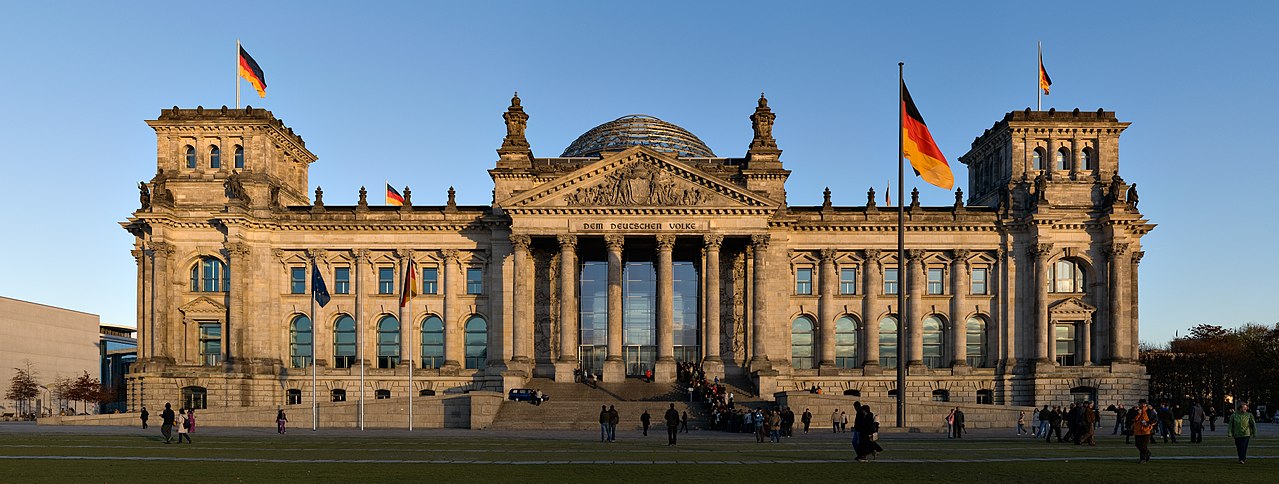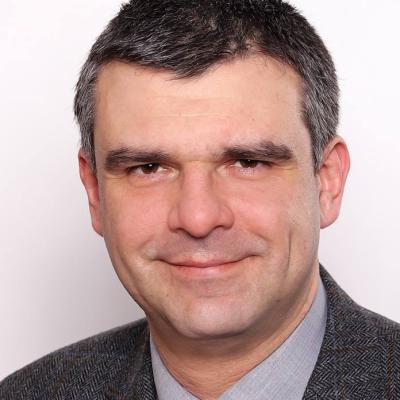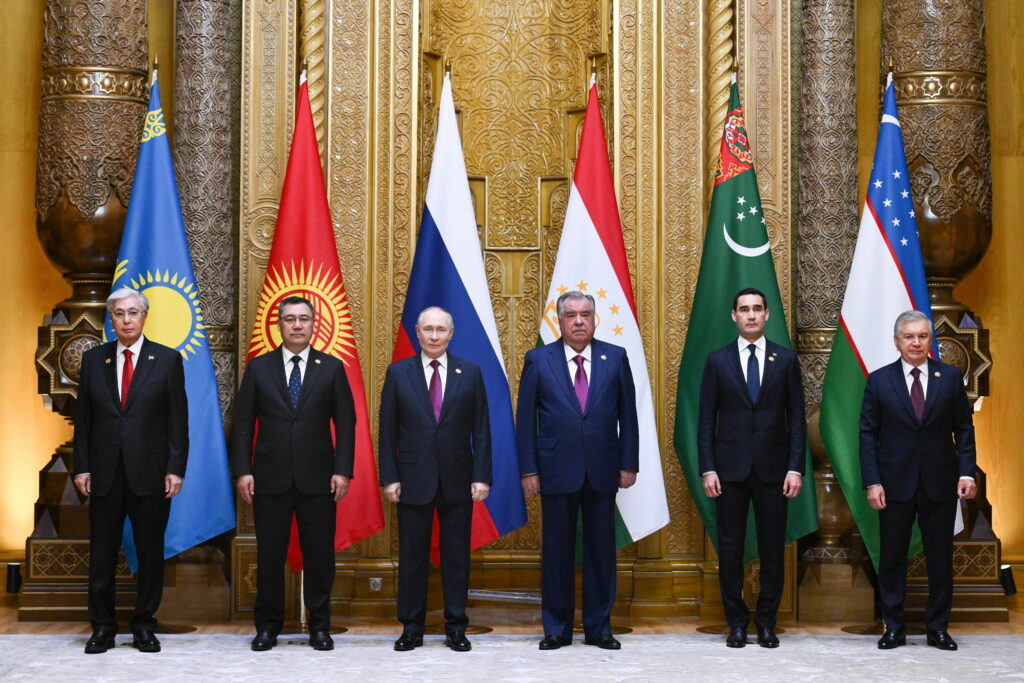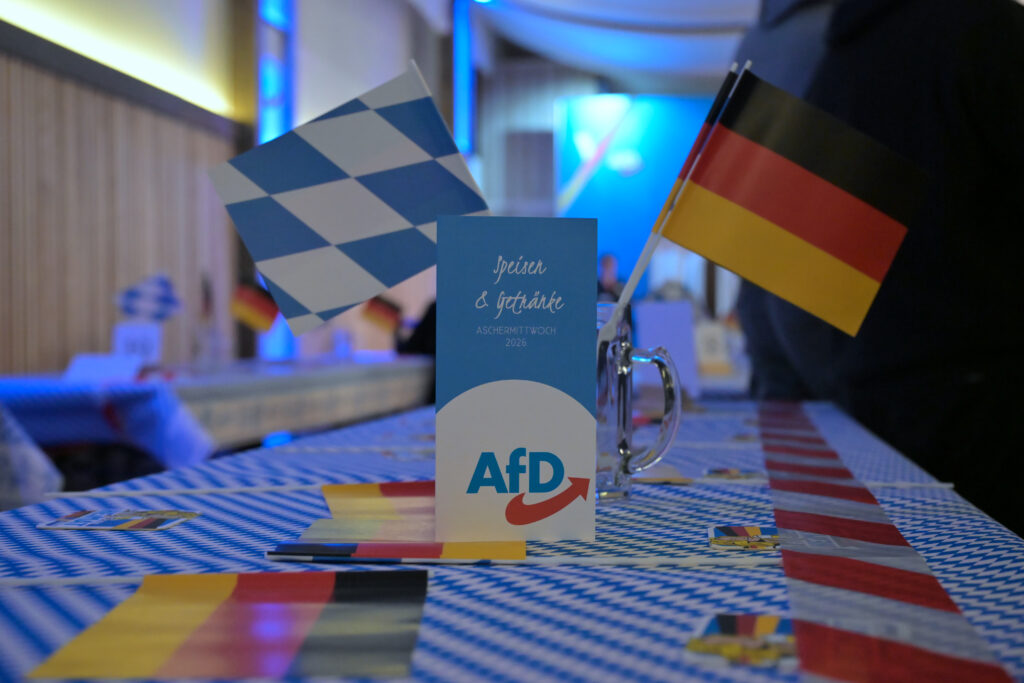For many years, residents of West Germany born in the USSR were unofficially labeled “invisible migrants”. After the collapse of the Berlin Wall, stories on the “Russian mafia” intially circulated through the German news media, but soon faded from the forefront. The topic of Russians in Germany in the years after unification has been a marginal one, largely left undiscussed. Representatives of this group rarely made media appearances and played little more than low-key roles during government-backed conferences on integration issues.
Leading researchers into migration issues underlined the high level of this group’s integration among the population. Still, it was not perceived as a significant domestic force in Germany. That all changed in January, 2016, when thousands of demonstrators, mostly born in the post-Soviet space, took to the streets of 120 German towns in protest against the alleged rape by migrants of a 13-year old girl named Lisa. Right-wing activists stood out among the crowd. The contrived rape allegations were ultimately discredited. But the event itself shocked society, prompting a wave of superficial articles in the media often strewn with unacceptable generalizations pertaining to a group of citizens millions strong. Typical headline: “Are the Germans from Russia Putin’s fifth column?” – mentions of this issue even appear on forums which were established for the discussion of matters entirely unrelated to politics.
A large, diverse and complex community
Citizens of foreign origin are referred to in Germany as persons with a “migration background”. The population is made up of foreign nationals born in the country or abroad, persons who have acquired citizenship of the Federal Republic of Germany (FRG) via the process of naturalization, ethnic German resettlers who arrived in Germany post-1955 and the offspring of the two previous categories. From a legal point of view, every member of the contemporary Russian-speaking community is deemed a “migrant”.
It is extremely difficult to determine the exact size of this community. To begin with, during public discussions, distinctions are rarely made between the “Russian-language” community (i.e. individuals for whom Russian is a mother tongue) and the “Russian-speaking community” (i.e. those who have a communicative command of Russian). The “Russian-language community” comprises natives of post-Soviet states ̶ rather a question of self-identification. It would be more appropriate to refer to them as “persons having a post-Soviet migration background”. Secondly, foreign students, specialist contractors (lecturers, scientists, and engineers), young people who participate in the Au pair program and other individuals enjoying temporary residency status who are living within German territory. Typically, a proportion of these categories of people extend their residence permits or remain in Germany for the long term. However, these individuals are not reflected in statistics as residents of the country unless they undertake all necessary steps to secure permanent residency.
The majority of citizens with post-Soviet migration backgrounds are ethnic German resettlers hailing from Kazakhstan, Russia, Kyrgyzstan, Ukraine, Uzbekistan and, to a lesser extent, other former Soviet republics (from 2.4 to 2.7 million as of 2014) along with Jewish migrants (more than 200 thousand people as of 2015). Aside from them, permanent residents include a complex array of foreign spouses, political refugees and migrant workers, as well as citizens of the Baltic states who enjoy the right of free travel within the EU, and other minor communities of newcomers from the post-Soviet space, such as Ukrainians with Polish passports and Moldovans who hold Romanian passports. There is also a separate group of re-emigrants: that is, persons who left the CIS for Israel before moving to Germany but who do not hold Jewish settler status. The same goes for citizens of Germany who repatriated to Russia before deciding to return to the FRG. All in all, one may conclude that over 3.5 million citizens having a post-Soviet migration background reside in Germany as of 2017.
A patchwork of social activity
There is no umbrella organization which represents the interests of all natives of the former USSR nor the majority of them. The political influence enjoyed by emigrant NGOs is somewhat limited. Several types of associations operate within the public space.
- The Association of Germans from Russia (Landsmannschaft der Deutschen aus Russland – LMDR), established back in 1950, has an extensive network of 106 regional and other local branches as well as various youth divisions. A generational/ideological conflict rages between “conservatives” and “reformists” within the LMDR at the regional level. The federal leadership of the LMDR takes a cautious stance by opting to avoid contentious issues when issuing statements. Alternative projects such as the establishment of the Federal Union of Germans from Russia in 2013 have failed. As for representing the interests of German residents of Ukrainian origin, several organizations operate side-by-side. The foremost of these are the Ukrainians’ Central Council (Zentralverband der Ukrainer in Deutschland) and the Association of Ukrainian organizations (Dachverband der Ukrainischen Organisationen in Deutschland). Branches of diaspora World Congresses that represent the interests of Tatars, Azerbaijanis and other communities also operate in the country.
- Migrant mutual aid organizations (“Club Dialogue,” established in 1988 is the oldest of them) appeal to all Russian-speaking residents of Germany and actively cooperate with German donors. That is, while preserving their autonomy, these organizations are well-integrated into German structures and operate according to the same rules as representatives of other diasporas.
- Religious communities. There are around 110 Jewish communities in Germany which associate nearly 120 thousand people. Many such communities comprise between 90-100% of former Soviet citizens. As for Orthodox parishes, there are at least 150 in Germany.
- Cultural and educational organizations founded by individuals from the CIS are often demonstratively detached from politics and focus on their respective priority areas.
Political activity: “Little Moscow”
German citizens with a post-Soviet migration background mostly refrain from participating in the political life of the country. The following politicians, who formally represent this community, (which is not tantamount to fluency in the Russian language nor post-Soviet self-identification) have been or remain members of the Bundestag: Jelena Hoffmann-Rubanowa (SPD, 1994-2005), Heinrich Zertik and Martin Pätzold (CDU, 2013-2017), Susanna Karawanski (the Left, 2013-2017), Waldemar Herdt and Anton Friesen (AfD, since 2017). Representation in Landtags is also unimpressive. Currently, Valentina Tuchel (SPD, since 2011) is a member of the Bremen representative assembly. Nikolaus Haufler used to be a member of the Hamburg parliament (2011-2015). Platforms of immigrants from the CIS operate as part of the CDU, SPD, and AfD. All the leading German political parties have appealed to their voters in Russian at one time or another. The sole “Russian party” ̶ “Unity” ̶ is marginal.
Russian Germans were portrayed as “Putin adherents” and ardent supporters of the right-wing populist AfD party in a number of articles which appeared in the German media throughout the 2017 parliamentary election campaign period. A model example was that of one of the districts of the town of Pforzheim in south-west Germany with a population of only 8,500, the imajority of whom are German resettlers. The percentage of supporters of the AfD is high in this district. Journalists painted a picture of a “little Moscow” populated by AfD allies. Representatives of 15 organizations of Russian Germans issued an open letter condemning the unfounded accusations. A Facebook group called “Russian Germans against the AfD” was created. Heated public debates gave rise to the establishment of a discussion platform of the Union of Russian-speaking Parents of Germany – a forum for political duels over hotly contested issues on the German agenda.
No reliable data concerning the electoral preferences of Russian-speaking citizens of the FRG during 2017 elections for the Bundestag has been compiled so far. There are 299 constituencies and 90,000 polling stations in Germany. A correlation between the high number of voters with a post-Soviet migration background and the high turnout for the AfD was observable at some polling stations; however, it is impossible to draw watertight conclusions without considering the socio-economic composition of the district as well as the precise number of Russian-speaking voters.
There are representative data from previous studies which illustrate the dynamics of the rise and fall in popularity of certain political forces among Germans from Russia. In 2014, according to polls, nearly 10% of German respondents of Russian origin were willing to cast their vote “in favor of the AfD or another right-wing party” and by 2016, the figure had reached 14%. At the same time, CDU support fell from 45% in 2014 to 35% in 2016. Still, these opinion polls were characterized by two significant methodological flaws: First of all, it is unclear whether only respondents with a “German settler from the former USSR” status were interviewed or whether all persons with a post-Soviet migration background with federal election voting rights were surveyed. In the German media, the term “Russian German” is used to refer to a variety of Russian-speaking groups. Secondly, the range of “other right-wing parties” was not defined. In addition to the AfD, other right-wing populist groups and radical parties occupied the political landscape of the FRG e.g. the NPD, the Pro-Germany Citizens’ Movement and the Right. These parties’ ratings did not meet the election threshold for the Bundestag. However, cumulatively, their popularity among respondents could have impacted the results of the survey. It is also noteworthy that 2014 and 2016 focus group results conducted with the participation of Russian German respondents generally conformed to the general national tendency: CDU’s rating slipped from 41-43% in 2014 to 35% in 2016 whereas the popularity of the AfD rose (from 8-10% in 2014 and from 10-14% in 2016).
Foreign policy preferences
Sociology does not validate a thesis promoted by the national media that claims Russian-speaking citizens of Germany share uniform foreign policy preferences such as support for the Kremlin’s foreign policy. During an acute phase of the conflict with Ukraine, both supporters and opponents of Putin’s actions took to the streets. The Deputy Chair of the All-Germany Coordination Council of Compatriots, Vera Tatarnikova, has spoken of a “negative information background” and “instances of Russophobia” in the German media while the founder of the Forum of Russian-speaking Europeans, Igor Eidman, has starkly criticized the “Kremlin’s manipulation of public opinion”.
It is also impossible to accurately determine to what extent materials broadcast by Russian TV networks impact the worldview of Russian-speaking Germans; research carried out by the Boris Nemtsov Foundation For Freedom showed that 80% of respondents felt well-integrated and held German democratic values. Thirty percent of respondents admitted to mostly watching Russian TV, whereas the results of another unrepresentative study claimed that the majority of citizens of Soviet origin are exposed to German media sources and are inclined to deem such outlets trustworthy.
“For” or “against”?
Germans of Soviet origin represent over 80 nationalities. These are people of different religious, cultural and political persuasions. The Soviet or post-Soviet past, certain mental constructs and the Russian language as a means of communication are what they have in common. These components alone fall short of providing a foundation for the construction a prevailing uniform worldview. German citizens with a post-Soviet migration background do not play a significant role in the German power architecture. One cannot deny the influence of the policy of post-Soviet states, and that of Russia in particular, on the diaspora nor that of certain information regarding conflicts within CIS territory (Ukraine-Russia, Armenia-Azerbaijan), yet, a homogeneous Russian-speaking community simply doesn’t exist in Germany.










